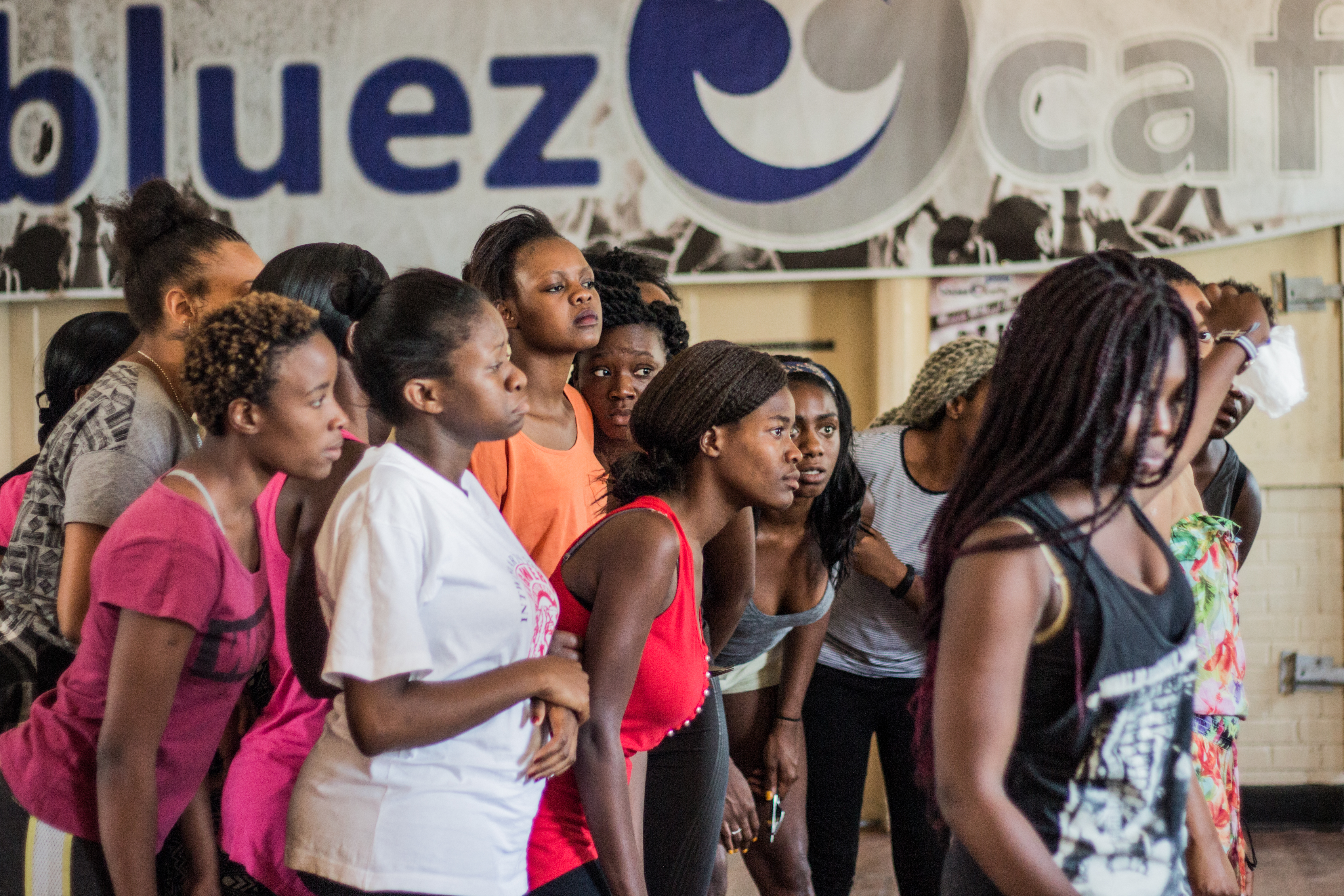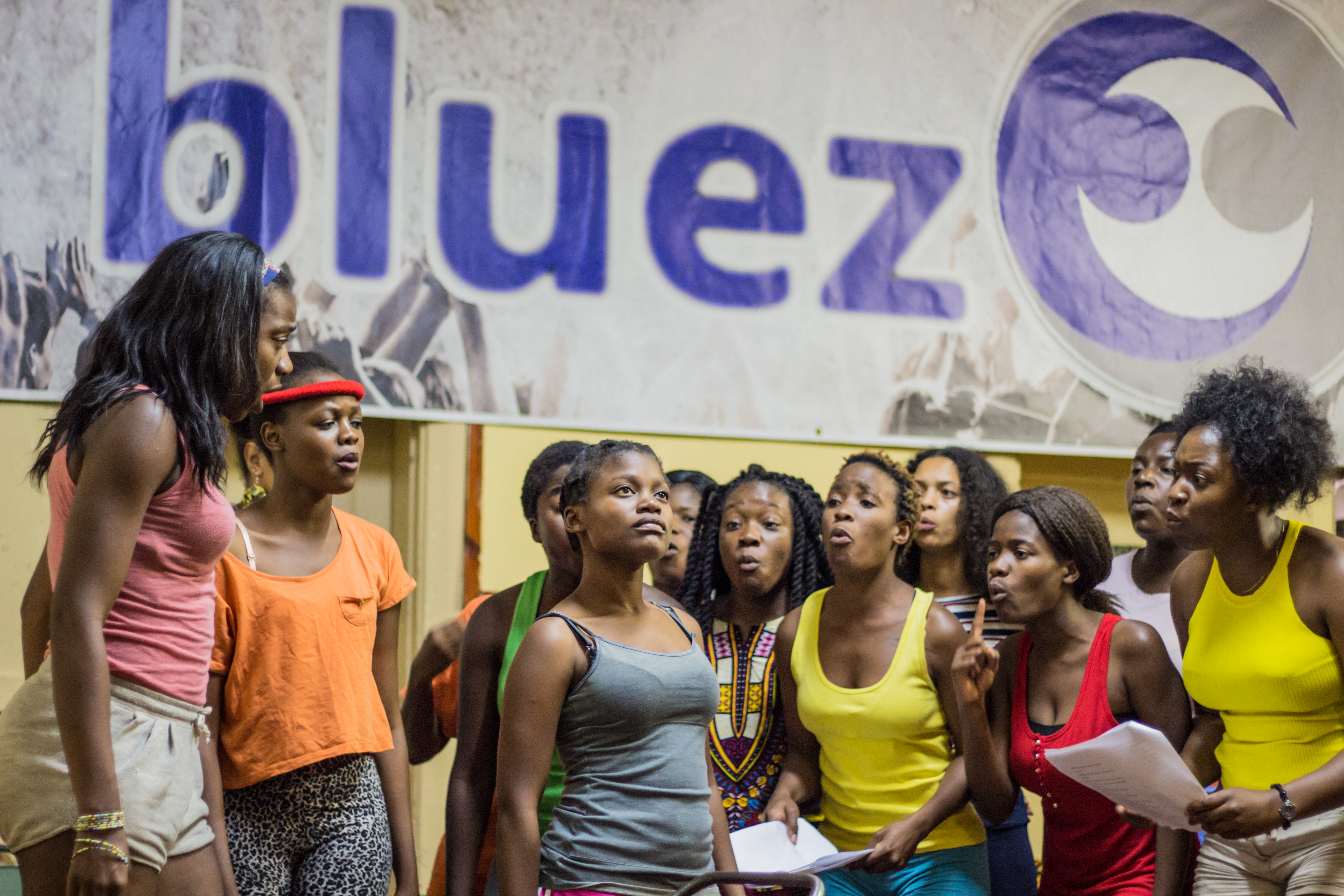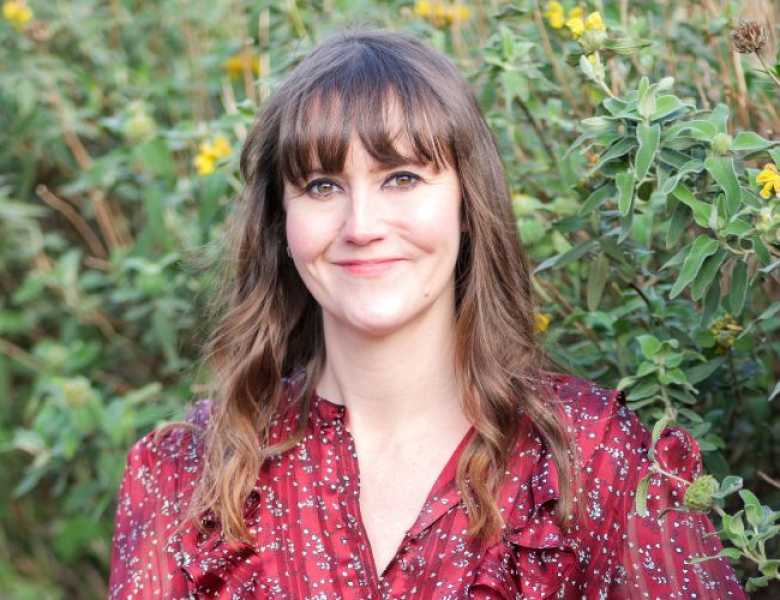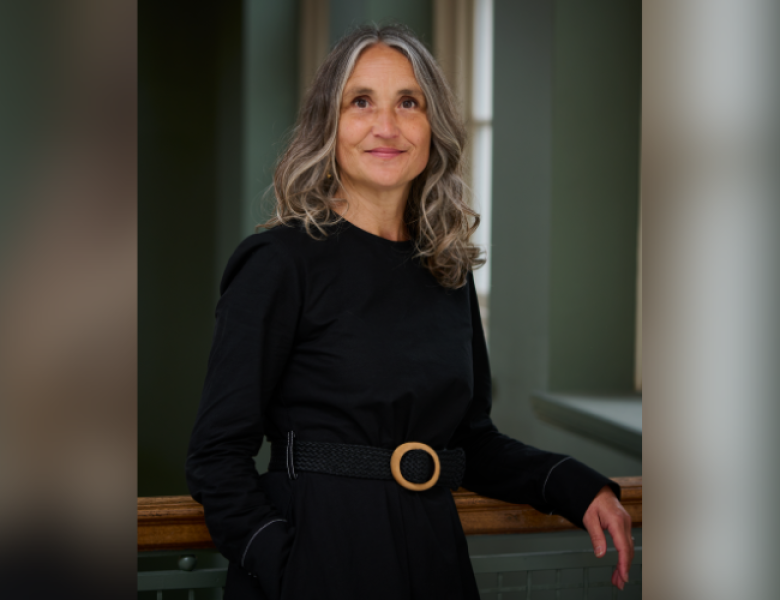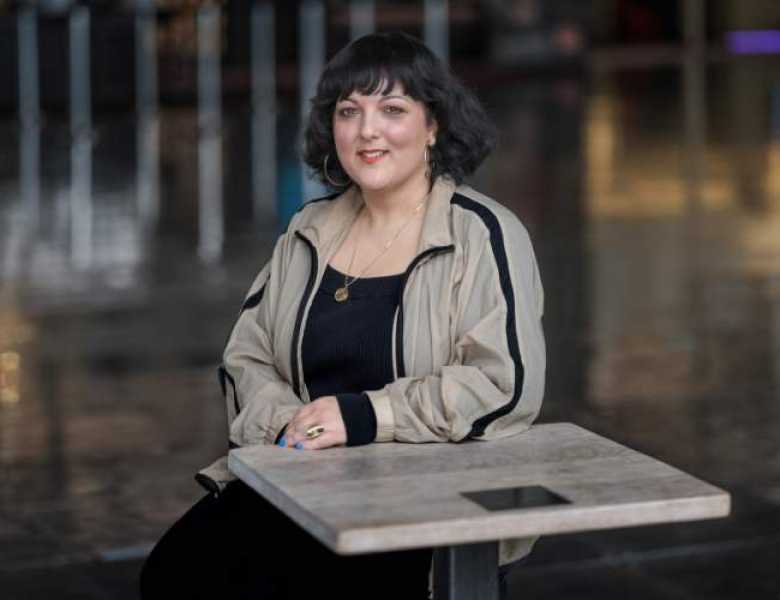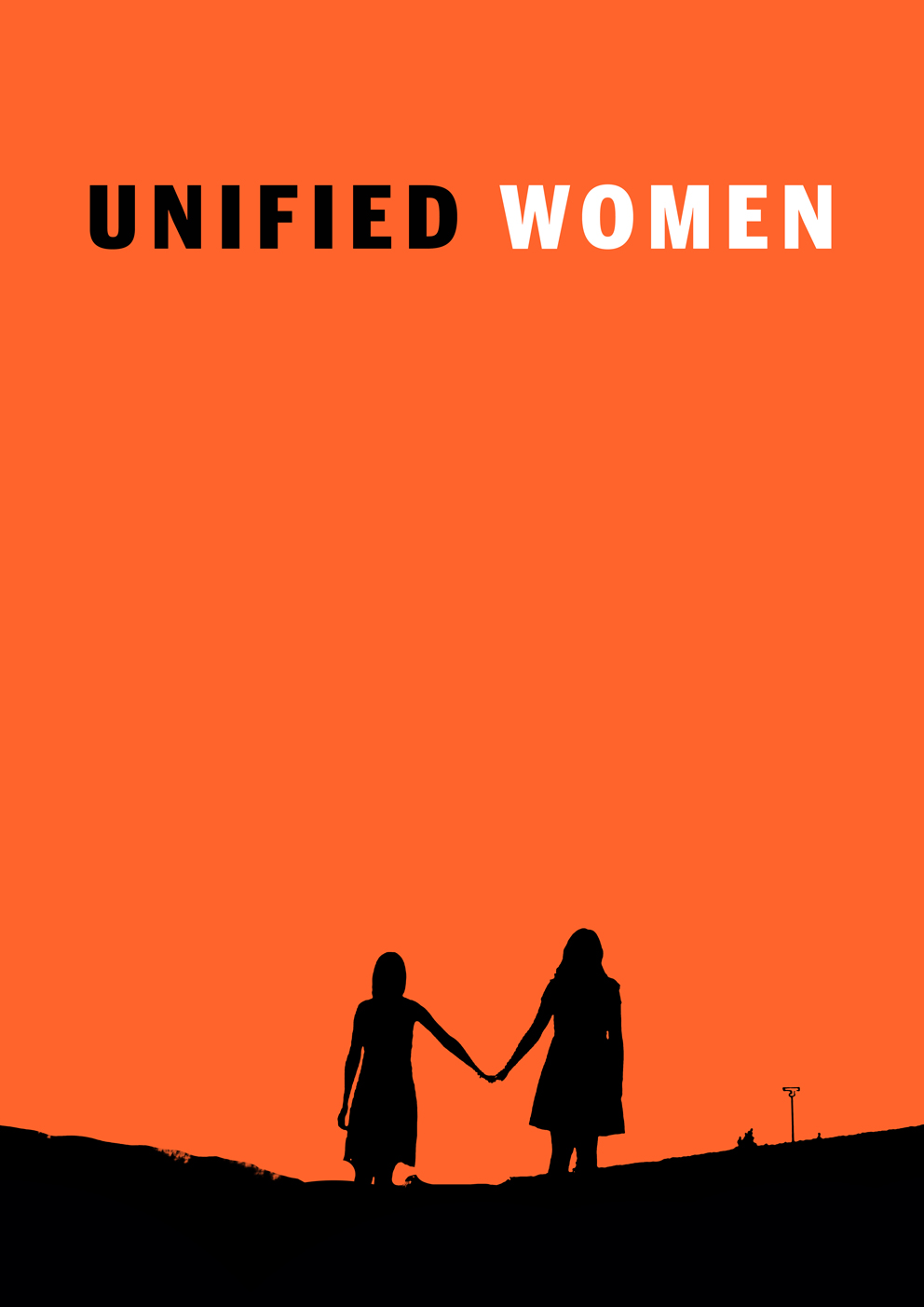
Written 2,500 years ago by Aeschylus The Suppliant Women is one of the world’s oldest plays and yet speaks to us through the ages with startling resonance. Seven young women aged between 18-25 from Lambeth and Southwark travelled to Bulawayo, Zimbabwe this September working in response to Ramin Gray's production, with the YV Taking Part team and director, Sasha Milavic Davies. Zimbabwean writer, Noma Damasane, aka. Lady Tshawe worked with the group to produce a piece of work which reflected the shared experiences across the two groups of women, regardless of their geography or local cultures.
We asked some of our group of women to document their "once-in-a-lifetime experience", sharing their observations and best moments from their cultural exchange which started with one forgotten passport 😉
Monique takes it from here...
The hardest thing about travelling for me is packing, I can do it quickly but I’m never sure I’ve packed the right things. However, whether your top to bottoms ratio is right means nothing if one forgets to pack the most important item: the passport. Yes ladies and gentlemen I forgot my passport! My mother would be so ashamed.
We arrived in Bulawayo to be greeted by the warm sun of Zimbabwe, Josh of the Nhimbe Trust and two of our cast mates, Sta and Musa, with big smiles.
After being welcomed by the lovely Noma (our writer) we were treated to an amazing performance Khaya Arts plus the coolest band I’ve ever seen, The Afro Queens. Don’t think that just because we were guests and had been travelling for a whole day we could just sit back and enjoy the show. No! We formed a circle and it was dance time. I’m proud to say I have a really good sense of rhythm and I can throw it down on any given night but the Zim Girls brought something completely different to the table. The way they and the performers of Khaya Arts move is incredible! I have to learn.
Anasthasia from our London group also talked about the huge welcome they received and the early experiences in Bulawayo and further afield...
My official introduction to the Zimbabwean girls felt like a huge party where the UK girls and I were the guests of honour. We were greeted with such amazing performances, with the most energetic being an amazing stomp dance act by Khaya arts showing us the natural rhythm that the Zimbabweans had to offer. With the food being similar to the African food I had back in the UK, Zimbabwe started to feel a little more like home.
Cultural learning was a key part of this experience where I learnt about both new and old cultural traditions from the Zimbabwean girls, museums, art galleries and heritage sites. There was even a talk by Pathisa Nyathi, one of the most respected historians in Zimbabwe, about the spirituality of the Shona and Ndebele people as well as traditions surrounding marriage; a talk which almost felt like an exact mimic of Danaus speech to his daughters on the same topic. One line that really stood out for me from Pathisa’s speech was “As it is above, so is below”. It summarises African spirituality and what made an African African; the conservation of the human race and life on earth. This powerful ancient mission of African people makes me want to understand more about my own culture and heritage before colonisation; to understand the rich history of my nation.
Looking back on how Sasha and Noma developed their work, Monique reflected on how it helped her find her own voice...
Last week we shared with each other our own personal stories, whether they were about us or women we knew; we bared parts of ourselves that we probably didn’t expect. To say it was emotional is an understatement. I feel privileged to have heard those stories and I trust these women with the sharing of mine.
Probably because of the gravity of such a moment, I didn’t think about how it relates to our project. Turns out Sasha and Noma intended to use some of our experiences in our performance, in other words, mine. I was shocked. I never felt my story was worth telling in the first place compared to the other girls, so for Sasha to use it and ask me to direct a devised piece about it was pretty mind blowing. It was difficult to do. Not only to direct my peers but to dissect my story and give it over to others is a challenge but it was made easier because the story was not personal to the others, so they could offer suggestions and build the piece with me with no holding back. It also helped that I had Tamoy play me and having Anasthasia play my mum was inspired casting, she made me both laugh and cry.
I’m grateful to have worked on my story in that way. It taught that me that even little old me has something worth saying.
Anastasia later described how strong the bonds were between the group was after less than two weeks spent working together...
Departing from the Zimbabwean team was hard and upsetting but it made me realise just how strong the unity between the UK and Zimbabwean group was. Although we physically left the country, we weren’t truly saying goodbye. I like to think that no amount of land, sea or time can break apart the sisterhood made from two very different cultures of unified women formed this summer in 2017.
We shared some of the Unified Women performance in Bulwayo on the Young Vic's instagram account. Here's a short snippet of the sharing from our Insta story...
Keep an eye out for YV Taking Part sharing a video of the Unified Women project, and for their future workshops and productions on the YV's Instagram and Snapchat as well as the YV Taking Part twitter.
The Unified Women project is supported by the British Council, Zimbabwe.
Many thanks to Josh, the Nhimbe Trust and our project partners, Africalia, Youth Contact Centre and Bluez Café for hosting us and making the trip so memorable.



















